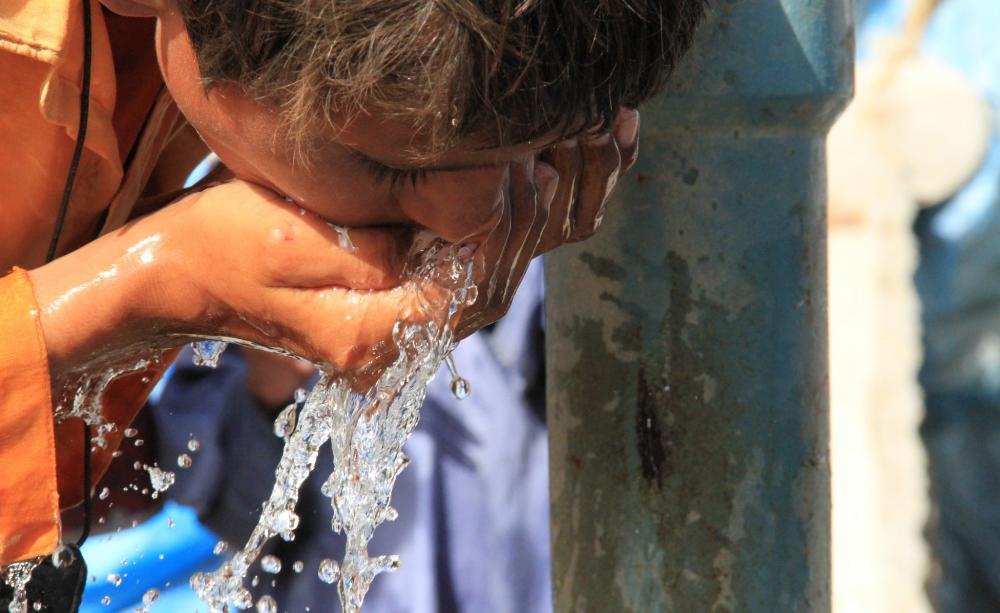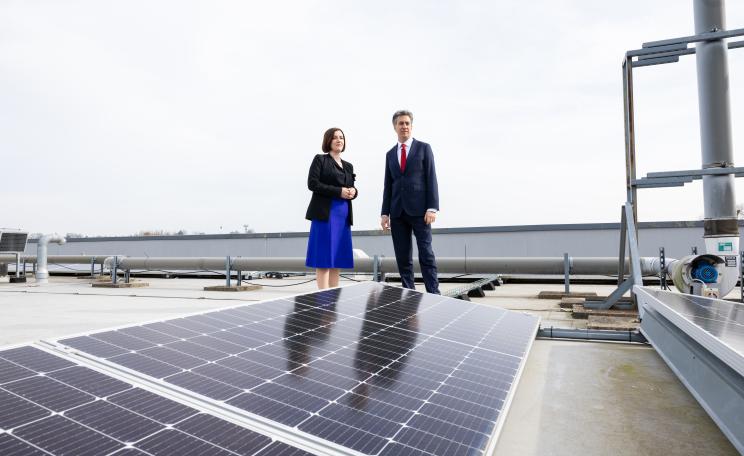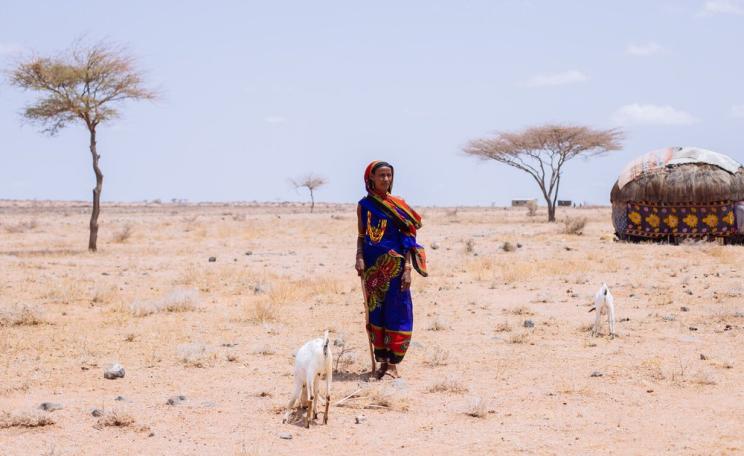Rethinking the value of water as a multi-purpose resource and how to use it sustainably is required urgently.
Urgent action on water security is essential to better prepare societies for future global health crises, say experts at the University of Birminghamin the UK and Northwestern University in the US.
Researchers are urging policy makers across the world to focus on behavioural change, knowledge promotion and investment in water infrastructure.
The call follows studies revealing nearly a quarter of households in low and middle income countries have been unable to follow basic guidelines on handwashing – recognised as critical for preventing the spread of the coronavirus pandemic.
Urgency
Professor David Hannah, who holds the UNESCO chair in water sciences at the University of Birmingham’s School of Geography, Earth and Environmental Sciences, said: “The Covid-19 pandemic has laid bare the urgent need for global action on water security.
"This is a basic human right that is not being met in large sections of the world’s population and Covid-19 has provided us with a wake-up call that we cannot afford to ignore.”
Specific areas which need addressing include improving water infrastructure and technologies, promoting behavioural change, and promoting alternatives such as temporary taps or hand sanitiser products.
Co-author Professor Iseult Lynch said: “The Covid-19 pandemic may serve as an opportunity to change behaviours. For example, over-reliance on commercially bottled water can quickly become self-sustaining and disincentivise investment in sustainable water infrastructure.
"Rethinking the value of water as a multi-purpose resource and how to use it sustainably is required urgently.”
Inequalities
Professor Stefan Krause, in the University of Birmingham’s School of Geography, Earth and Environmental Sciences, added: “Both the World Health Organisation and UNICEF acknowledge the scale of this challenge.
"Water insecurity has consequences for the well-being – both mental and physical – of billions of people. The costs of not preparing for future crises will be catastrophic.”
Sera L. Young, associate professor in anthropology & global health at Northwestern University, said: “This is a great example of how our HWISE scale, that measures household water insecurity experiences, makes visible the often invisible crisis of water insecurity.
"Inequalities in access to a resource fundamental for existence, and for preventing transmission of Covid, must not continue. My co-authors and I lay out some key actions that can make the world more water secure, and safer for us all.”
This Author
Brendan montage is The Ecologist's editor. This article is based on a press release from the University of Birmingham.







